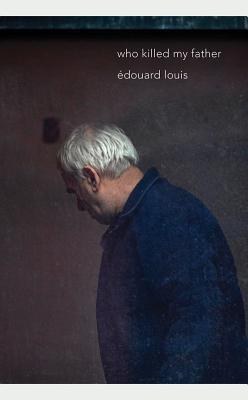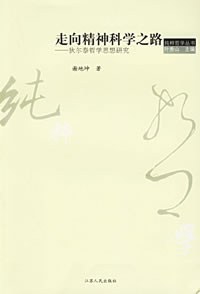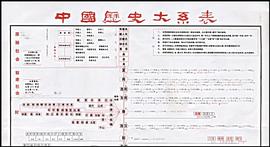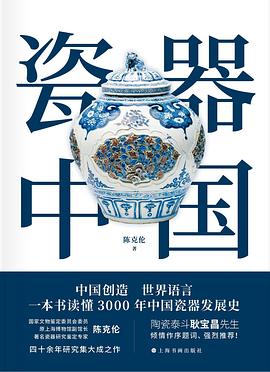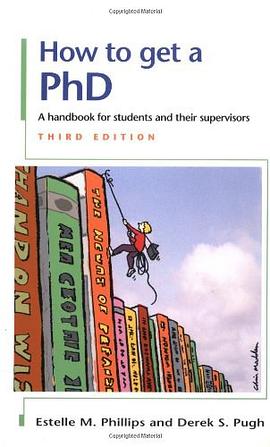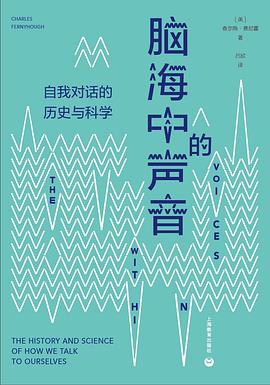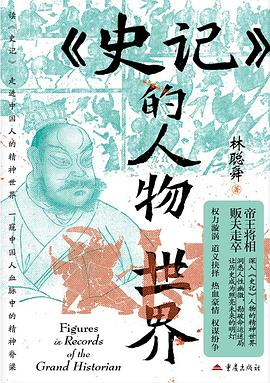Who Killed My Father
内容简介
Highly acclaimed for The End of Eddy, Edouard Louis in Who Killed My Father rips into France’s long neglect of the working class and its overt contempt for the poor, accusing the complacent French—at the minimum—of negligent homicide.
“Racism,” he quotes Ruth Gilmore, “is the exposure of certain groups to premature death.” And Louis goes to visit the ugly gray town of his childhood to see his dying father—barely fifty years old, he can hardly walk or breathe: “You belong to the category of humans whom politics consigns to an early death.” It’s as simple as that.
But hand in hand with searing, specific denunciations are tender passages of a love story between a father and son badly damaged by shame, poverty and homophobia, but still so alive. Tenderness reconciles them just as the state kills off his father. Louis goes after the French system with bare knuckles but then turns to his long-alienated father with open arms: this passionate combination makes Who Killed My Father a heartbreaking book.
......(更多)
作者简介
爱德华·路易,2014年发表首作《和艾迪·贝乐盖勒做个了断》,引起法国文坛关注。目前作品被翻译成三十多国语言,成为了国际文坛上不容忽视的新生代作家。爱德华·路易承袭了安妮·埃尔诺和迪迪埃·埃里蓬的写作风格,以自身经历为基础揭示与反思法国社会存在的根本问题。在他看来,写作,写下自己和家人的故事,就是在抗争。
......(更多)
目录
......(更多)
读书文摘
所谓的历史不过是同样的情感、同样的愉悦穿越时间,透过诸多身体重复的历史,把你赶走后,我妈也尝到了同样的幸福。
很奇怪,因为你爸曾经暴力,你像强迫症一样反复说你绝不会使用暴力,绝不会打任何一个孩子,你对我们说:今生今世,我绝不会对我的哪个孩子出手。暴力并不只催生暴力。我一直重复这句话,念念不忘,即暴力是暴力之源,我错了。暴力救我们于暴力。
......(更多)
